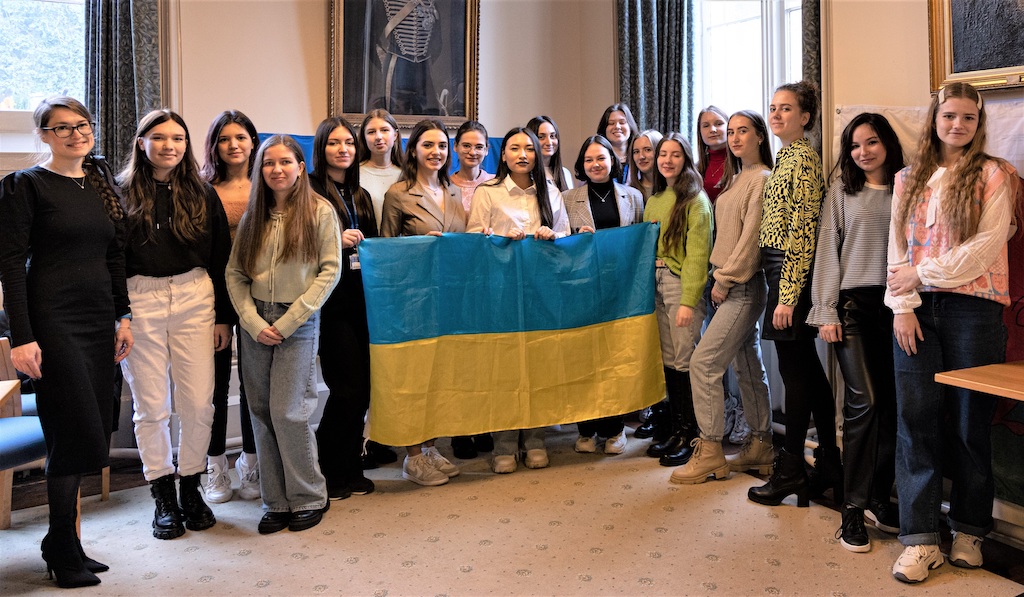Funding issues blocking success of Turing program
There are barriers which need to be addressed in both the Turing and Taith schemes to benefit from their full potential, said stakeholders during a roundtable organised by the All Party Parliamentary Group for International Students and UUKi.
To ensure the future success of Turing, some high level support to tackle immigration obstacles is needed, participants at the House of Lords event heard.
Emma Meredith, director of global engagement and interim director of skills policy, Association of Colleges, highlighted that funding for pre-mobility visits is not feature of Turing, as it was for Erasmus.
Such support is especially important to accommodate special education needs placements where often additional visits are needed to ensure suitable measurements are in place for a student or group, said Meredith.
Meredith added that staff mobility opportunities are too missing from the scheme which is now its second project cycle with £106 million allocated to support 38,000 planned mobility projects.
Meanwhile, the Welsh Taith scheme is now one year old, in its first project cycle with 6,000 planned mobilities planned this year.
“Both schemes represent a major commitment to young people and to the skills agenda,” said Charley Robinson, head of global mobility policy, UUKi.
Both schemes represent a major commitment to young people
“Both schemes also represent a significant shift towards more global opportunities, with 95 countries funded by Taith this year and over 150 destinations funded through Turing this year.”
Sarah Leach, head of global mobility programs, University of York, agreed that the global aspect has been a huge benefit of the new scheme, with Australia, Canada and Japan being the top destinations chosen by York students – all of which would not have been funded by Erasmus.
She added that another benefit of Turing is being able to offer shorter term mobilities of minimum four weeks, which she believes could be more attractive to students from disadvantaged backgrounds.
However, Leach said that there is a lot more that can be done in terms of long-term funding, describing the situation currently as “shortsighted”.
The Financial Times reported that university administrators said the Turing scheme has been “plagued with problems” since launching, including the scheme’s system of annual allocations resulting in severely delayed payments, with some students missing out on experiences altogether.
This is the last year universities can access leftover Erasmus funding before the Turing and Taith schemes will become key sources of external funding for UK schemes and stakeholders have previously raised concerns about the project cycle.
According to Robinson, engagement for both schemes has been very high, with the Turing scheme being “heavily oversubscribed”.
“The external funding is extremely important to facilitate and grow outward mobility,”
Turing already makes up half of mobility funding at 49% of universities in its first year of operation, said Robinson.
“We can only expect that to increase as Erasmus funding tapers off.”
UUKi is calling on the UK government to extend the time that short-term exchange students are permitted to stay in the UK on visitor visas from six months to one academic year. While those staying for less than six months can use a standard visitor visa, students staying longer need a student visa, which has strict language requirements and high costs.
International students studying in the UK participating in the roundtable agreed, highlighting that this may be a deterrent to studying in the UK, along with the cost of living.
The post Funding issues blocking success of Turing program appeared first on The PIE News.




